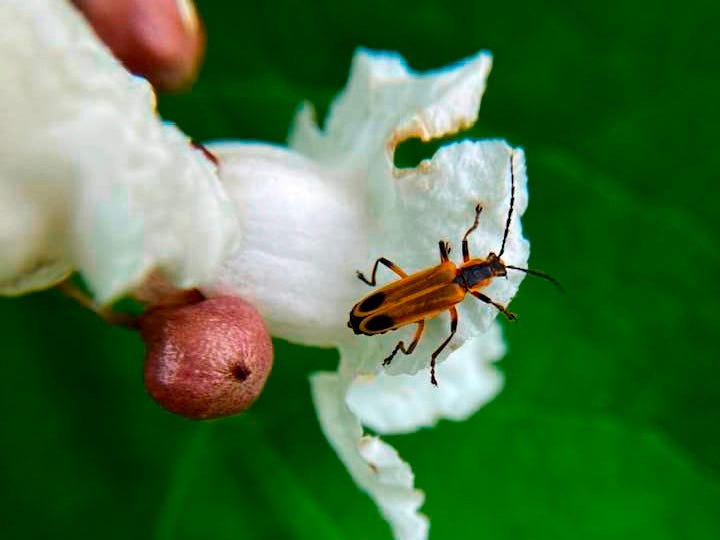Relational Science
A new name and shift in focus
Just recently my writer friend, Kellie Brown, shared a heart-felt piece about finding space to be our truest selves. At the end she asked readers to share where they felt they could be the truest versions of themselves. It didn’t take me more than a moment to answer that I have always been most comfortable with myself when I am outside sitting under a tree, walking through a garden, or floating on a river. Many of my best moments have been in one of these places.
Not only am I my truest version of myself when I’m out in nature, but this also where I feel closest to God. I’m not the first person who finds God in natural places. The Belgic Confession1, initially published in 1559, tells us we can know God through scripture but also through “the creation, preservation, and government of the universe.” It goes on to describe the universe as “a beautiful book in which all creatures, great and small, are as letters to make us ponder the invisible things of God.”
The idea that we can know God through the created world is just one reason I have changed the name of this space from Sciency Things to Relational Science is because science increases our understanding of the natural world and the ways all living things relate to each other. In addition to bringing us closer to nature and to each other, science is a way to strengthen our relationship with God.
Along with this a new name for this space comes a shift in focus. I will still write about the science that so intrigues me, but I want to make sure to convey how understanding the universe, and every thing in it, brings us closer to nature, to God, and to each other.
The Belgic Confession outlines the doctrinal standard for many Reformed churches.



Is that the origin of the phrase "all creatures, great and small?"
Excited to see what comes from this re-focus!
I am looking forward to coming along with you under this new name and direction. It's perfectly you ☺️